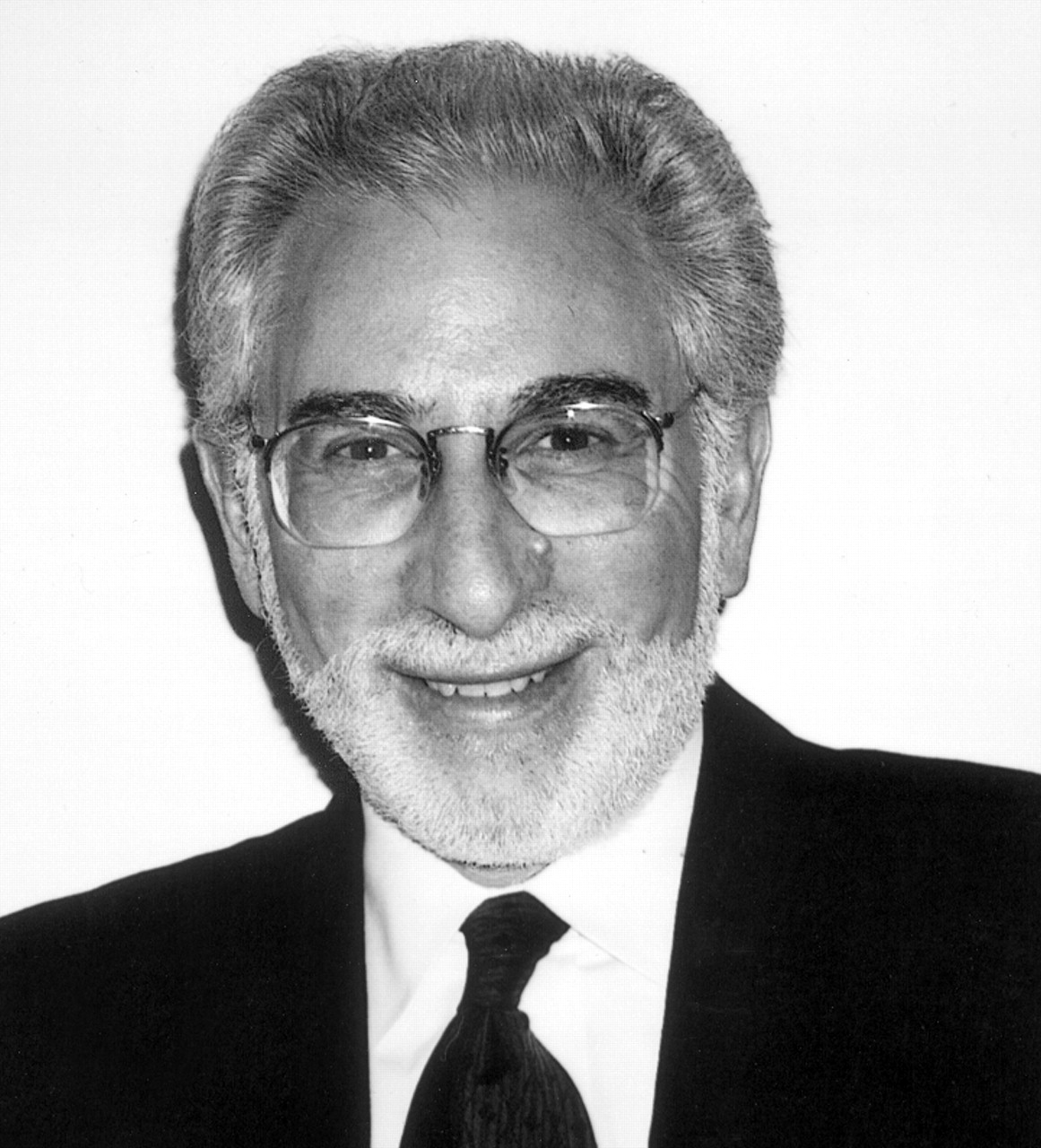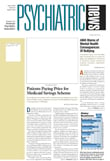On July 1 Lloyd Sederer, M.D., former director of APA’s Division of Clinical Services, became New York City’s executive deputy commissioner for mental hygiene. In the newly created position, Sederer oversees the delivery of mental health, mental retardation, and addiction services in New York City.
In announcing the appointment, Steven Mirin, M.D., APA’s medical director, wrote, “Since coming to APA two years ago, Lloyd and the staff of the division, which includes the Office of Healthcare Systems and Financing and the Office of Quality Improvement and Psychiatric Services, have made a tremendous impact on the central office, our Association, and the field.”
Prior to joining APA, Sederer was medical director of McLean Hospital, a nonprofit teaching hospital of the Harvard Medical School.
In a farewell interview with Psychiatric News, Sederer discussed his thoughts about his activities at APA and the Association’s future.
Sederer described his work with APA’s Committee on Psychiatric Reimbursement to develop a prospective payment system (PPS) for inpatient psychiatric care of Medicare patients as an effort that is “coming along nicely” (Psychiatric News, January 18). The committee is chaired by Joseph T. English, M.D.
“We advanced a model at the Centers for Medicare and Medicaid Services for payment that involves no administrative burden to doctors or other clinicians. It aims to be fair and transparent in terms of the rules,” he said.
Since 1983 medical and surgical Medicare services at general hospitals have been reimbursed through a PPS based on diagnosis-related groups (DRGs). Psychiatric hospitals and units have been exempt since 1985 because of work done by APA demonstrating that DRGs could not effectively distinguish variation in psychiatric treatment cost among hospitals, but federal legislation set a deadline of October 2002 to implement a new system.
“The model we proposed was well received, but there is still plenty of room for mischief,” said Sederer. He anticipates implementation in 2004.
Sederer also focused considerable attention on the APA Business Relations Initiative, which was launched in 2000.
The broad strategy of the initiative is to “go upstream” from managed care and insurance companies and persuade corporate decision makers of the value of providing accessible, high-quality mental health benefits, explained Sederer.
The initiative operates through the Committee on APA/Business Relationships, a component of the Council on Healthcare Systems and Financing.
Committee Chair Norman Clemens, M.D., told Psychiatric News, “Lloyd’s contribution was enormous. He was respected by business leaders as a clinician, but he also could speak about how to assess the value of mental health services in terms those leaders could understand.”
APA met with major companies like Union Pacific Railroad, Hughes Electronics, Delta Airlines, Constellation Energy, Verizon, General Electric, Merrill Lynch, DuPont, and Dow Corning.
In June 2001, at the invitation of the Carter Center in Atlanta and APA, nearly 100 representatives of business, government, and academia met for a symposium, “The Business Case for Mental Health.”
Sederer provided a tutorial, “Demystifying Quality Measurement,” designed to help businesses measure and determine whether they are providing quality mental health care to their employees (Psychiatric News, July 20, 2001).
Disaster-Response Program
The relationships Sederer developed through his work with the business initiative proved valuable after the terrorist attacks on September 11.
In December APA launched the National Partnership for Workplace Mental Health, a joint effort with major companies like Delta Airlines, Hughes Electronics, and Dow Chemical to provide education and resources about disaster-related stress and trauma to employers and employees (Psychiatric News, January 4).
On April 25 APA and the national partnership, with support from the Center for Mental Health Services (CMHS), hosted a conference, “Disaster, Terror, and Trauma in the Workplace: What Did We Know Before 9/11 and What Have We Learned Since?”
State Advocacy Should Be Increased
Sederer urged continuation of the business initiative and described other challenges for the organization.
“Now that we have made progress in a long struggle for federal parity, APA should find ways to broaden and reinvigorate its advocacy agenda,” he said.
APA must pay more attention to legislative and budget decisions that impact psychiatry at the state level, Sederer said. He thinks the organization should identify allies at that level and work in coalitions.
“APA has functioned too much and too long in isolation or primarily with other medical specialty organizations,” he said.
Sederer emphasized the effectiveness of a coalition of consumer organizations and the state psychiatric society in Maryland, for example, in obtaining an increase in reimbursement for Medicaid patients (see story on
page 7).
He also described the power and influence of the Greater New York Hospital Association. “They don’t go anywhere in terms of lobbying without legions of consumers with and behind them,” he said.
Sederer emphasized the importance of public funding to the future of psychiatry. “Medicaid, in particular, is extraordinarily important because it is the largest source of public funds for mental health services,” he said.
According to 1997 CMHS data, Medicaid was almost as important a source of funds for mental health and substance abuse treatment as was private insurance. Medicaid funds accounted for 20.3 percent of the total dollars spent on mental health and substance abuse, and private insurance accounted for 23.8 percent. The remainder came from other state and federal programs and out-of-pocket funds.
Sederer said, “We need to take a look at the architecture of public funding and identify leverage points for change, as we did with our work on Medicare hospital reimbursement. Then, APA should build a policy agenda and identify partners that can work in coalition with our Association.”
He was pleased that APA President Paul Appelbaum, M.D., had used his inaugural address in May to comment about the crisis in the public mental health system (Psychiatric News, June 21).
Sederer also commended the Assembly Task Force on Seriously and Persistently Mentally Ill/Public Psychiatry for its report issued at the APA annual meeting in May.
Asked if he had any final thoughts, Sederer said, “Please convey my sadness about leaving so many dear colleagues and friends and our collective mission.” ▪

